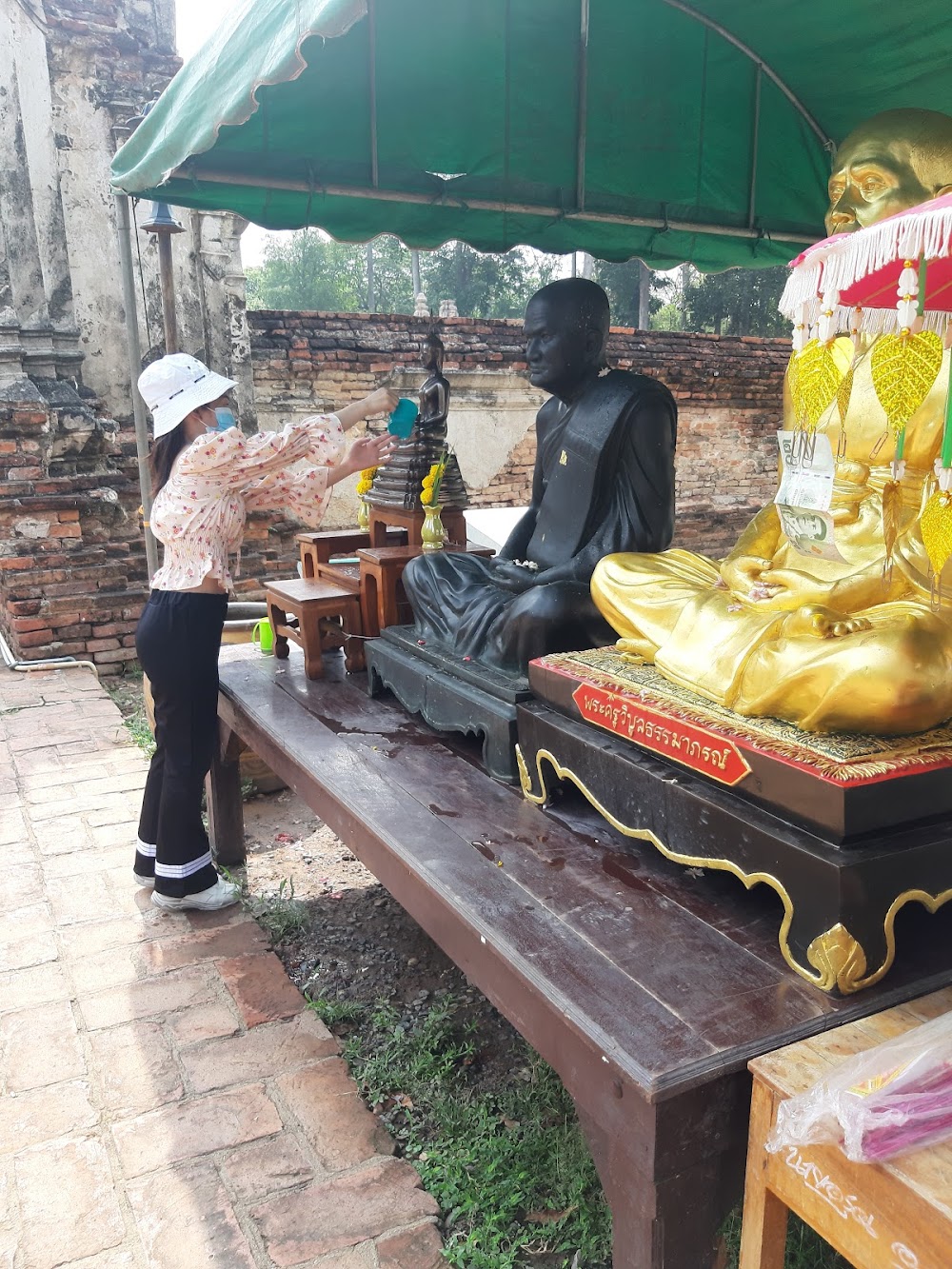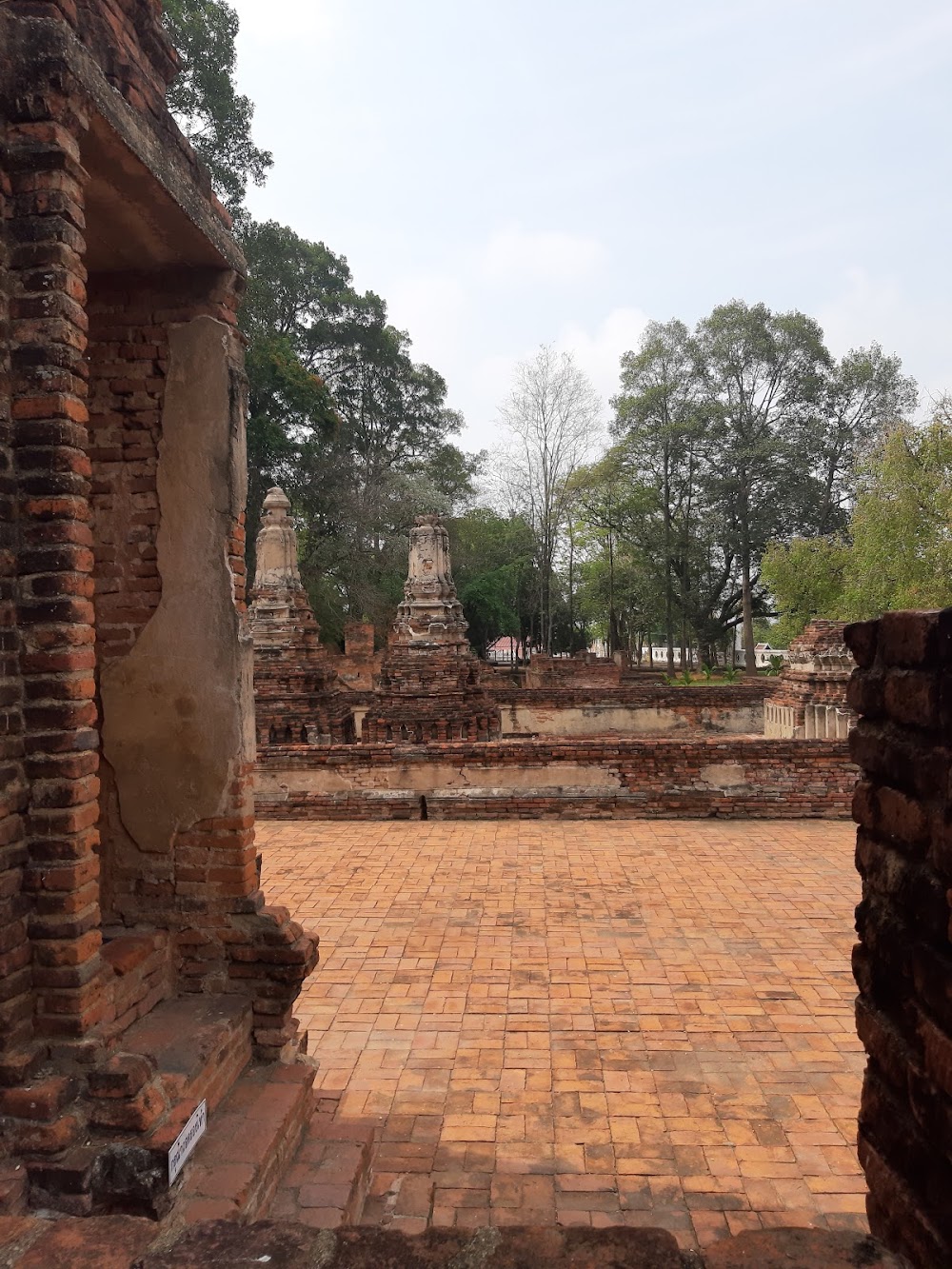Nestled in the heart of Thailand, Wat Pho Prathap Chang is a serene Buddhist temple that captivates visitors with its stunning architecture and spiritual ambiance. Explore the rich cultural heritage and the tranquil atmosphere of this hidden gem.




Wat Pho Prathap Chang stands as a remarkable testament to Thailand’s rich spiritual heritage, captivating visitors with its intricate architecture and peaceful surroundings. The temple is a perfect sanctuary for reflection, meditation, and cultural exploration, drawing locals and travelers alike. As you wander through the beautifully manicured grounds, the ambient sounds of nature blend harmoniously with the gentle chimes from the temple bells, creating a serene oasis away from the bustling world. Notably, the temple features exquisite murals and sculptures that embody fascinating stories and teachings from Buddhism, inviting contemplation and deeper understanding. The vibrant colors and artistic craftsmanship reflect the dedication of the artisans who contributed to its beauty. Visitors can engage with local monks, participate in traditional ceremonies, and immerse themselves in the calming atmosphere, making it an enriching experience for those seeking spiritual connection or cultural insight. As the sun sets, the temple illuminates, casting a magical glow over the landscape, enchanting everyone who visits. Whether you’re on a journey of self-discovery or simply seeking peace, Wat Pho Prathap Chang is a must-visit destination that embodies the tranquil spirit of Thailand.
วัดโพธิ์ประทับช้าง (โพธิ์ประทับช้าง, ไทย) - รีวิว - ThailandAgoda.com
Wat Pho Prathap Chang is perched on a picturesque hilltop overlooking Thailand
Exploring the area of Phichit, this is probably THE place not to be missed. We expected a ruin, but the monks from the Wat near by have kind of re-activated it and are doing ceremonies and blessings in there. What makes the place and it’s atmosphere very special. But probably to a less extent, when many people are visiting. What I guess is on weekends and buddhist holy days.The ruin itself is pretty straightforward. No ancient paintings, ornaments or carvings. But well restored and bilingual explanations and posts around.